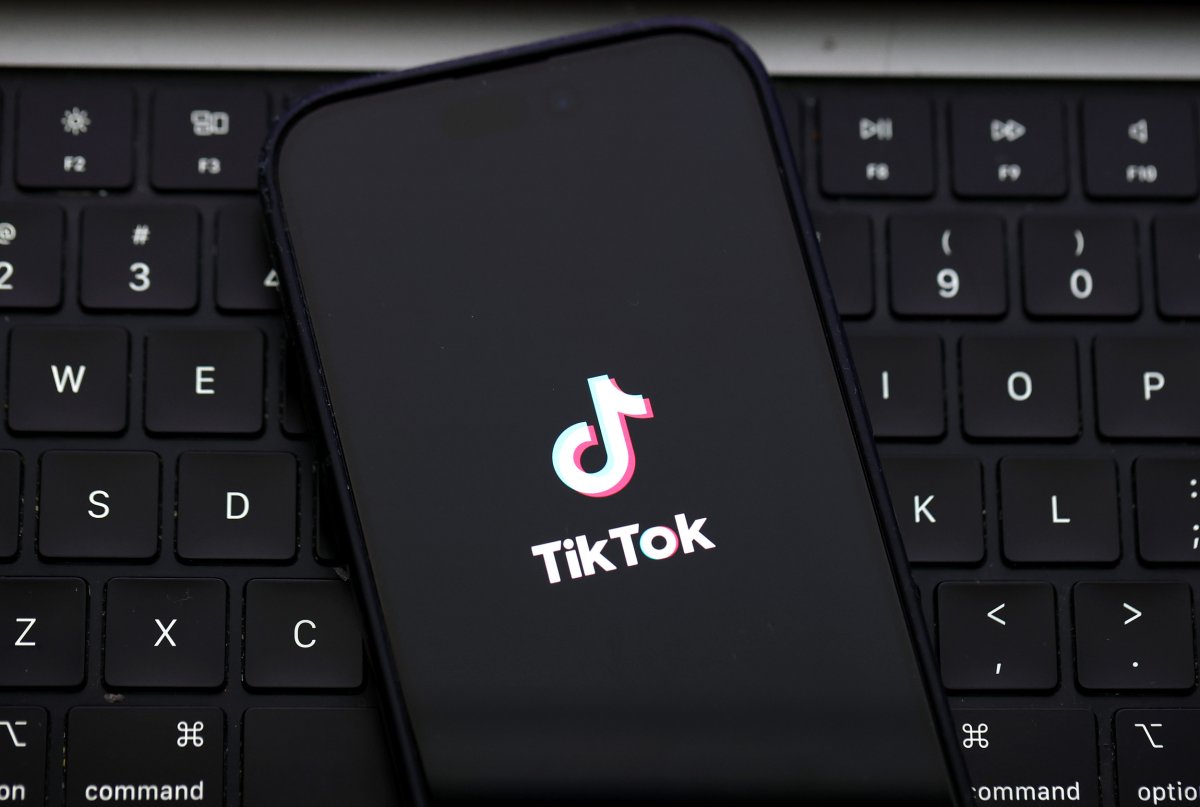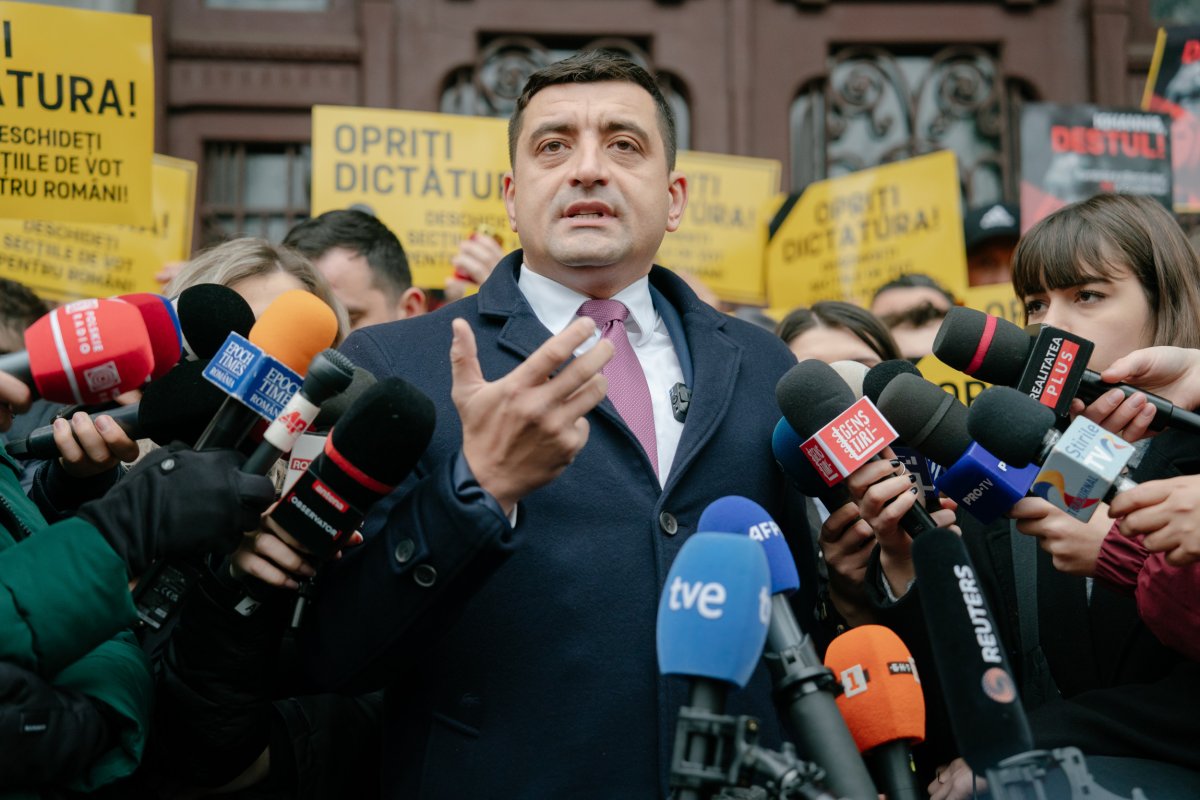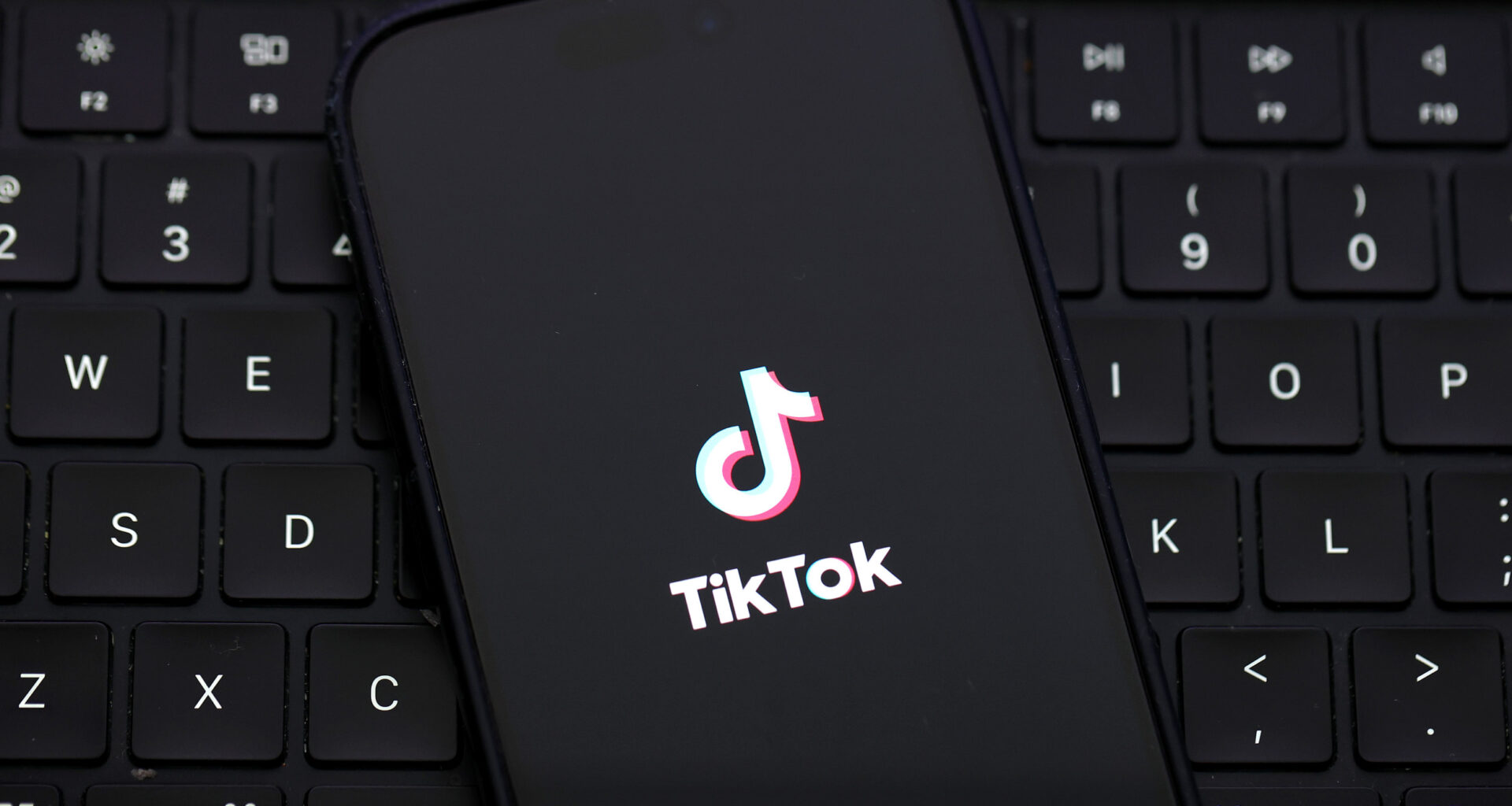The European Union has launched an investigation into TikTok over its role in Romania’s recent presidential election, annulled following allegations of Russian interference.
Why It Matters
The European Commission said it is examining whether TikTok violated the bloc’s Digital Services Act (DSA) by failing to curb risks tied to election-related misinformation and manipulation. The first round of Romania’s election, held on November 24, produced a surprise front-runner: far-right candidate Calin Georgescu, who benefited from an aggressive TikTok-driven campaign.
Following a decision by Romania’s Constitutional Court to cancel the results, citing “preferential treatment” and evidence of foreign influence, the EU is stepping up scrutiny of the platform. The investigation comes as the EU ramps up efforts to protect elections from foreign manipulation.

TikTok on an iPhone. TikTok asserts it has upheld platform integrity during elections and does not permit paid political advertisements.
TikTok on an iPhone. TikTok asserts it has upheld platform integrity during elections and does not permit paid political advertisements.
Justin Sullivan/Getty Images
What to Know
The Digital Services Act, enacted last year, imposes strict requirements on digital platforms to prevent disinformation, ensure transparency in political ads, and safeguard election integrity.
Platforms that fail to comply face fines of up to 6 percent of their global revenue.
Romania’s election turmoil has sparked political upheaval and delays, with President Klaus Iohannis remaining in office until a new vote can be held. The incident has also deepened fears of civil unrest, as tensions escalate over the annulment.
In the first round of voting, Georgescu emerged as the surprise front-runner with over two million votes, despite having been considered an outsider. Intelligence reports declassified by Iohannis allege that Russian operatives coordinated thousands of fake social media accounts to boost Georgescu’s popularity, particularly on TikTok.
The Romanian Intelligence Service argue that over $381,000 was funneled to TikTok influencers to promote Georgescu, amplifying his message to young and rural voters. Georgescu’s TikTok account, which has over 6 million likes and 541,000 followers, was at the heart of his campaign.

Presidential candidate George Simion, the leader of the right wing party AUR, talks to the media during a protest and mock vigil of Romanian democracy on Dec. 8, 2024 in Bucharest, Romania. Allegations include a…
Presidential candidate George Simion, the leader of the right wing party AUR, talks to the media during a protest and mock vigil of Romanian democracy on Dec. 8, 2024 in Bucharest, Romania. Allegations include a coordinated campaign involving payments to TikTok influencers to boost Georgescu’s popularity, with suspicions of Russian involvement.
More
Andrei Pungovschi/Getty Images
What People Are Saying
Ursula von der Leyen, European Commission President: “Following serious indications that foreign actors interfered in the Romanian presidential elections by using TikTok, we are now thoroughly investigating whether TikTok has violated the Digital Services Act by failing to tackle such risks.”
Calin Georgescu, far-right candidate: “On this [election] day, the corrupt system made a pact with the devil. I have only one pact––with the Romanian people and God.”
TikTok spokesperson: “TikTok has provided the European Commission with extensive information regarding these efforts, and we have transparently and publicly detailed our robust actions.”
What Happens Next
The European Commission is focusing on TikTok’s content recommendation systems, handling of paid political content, and ability to counter “coordinated inauthentic manipulation.
Meanwhile, Romania’s leading pro-Europe political factions have announced plans to forge a rare coalition to counter the gains made by Georgescu and ensure election integrity.
President Iohannis has extended his term until a new election is scheduled, with Parliament expected to set a date after convening on December 20.
This article includes reporting by The Associated Press
